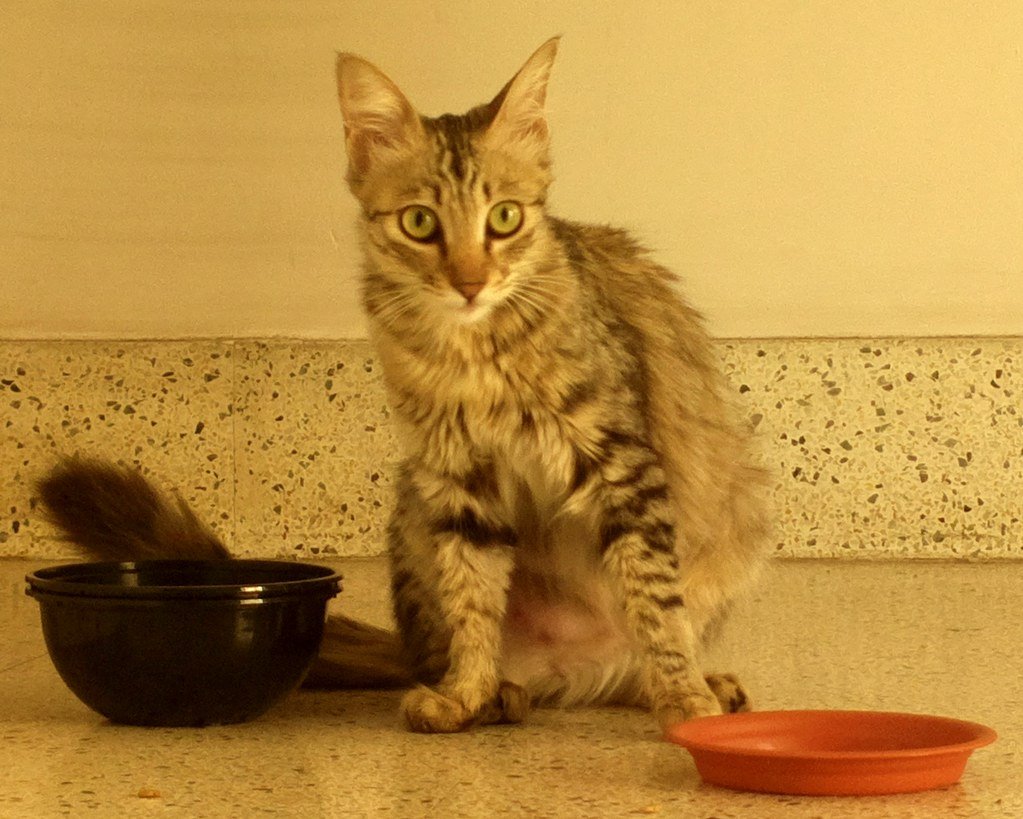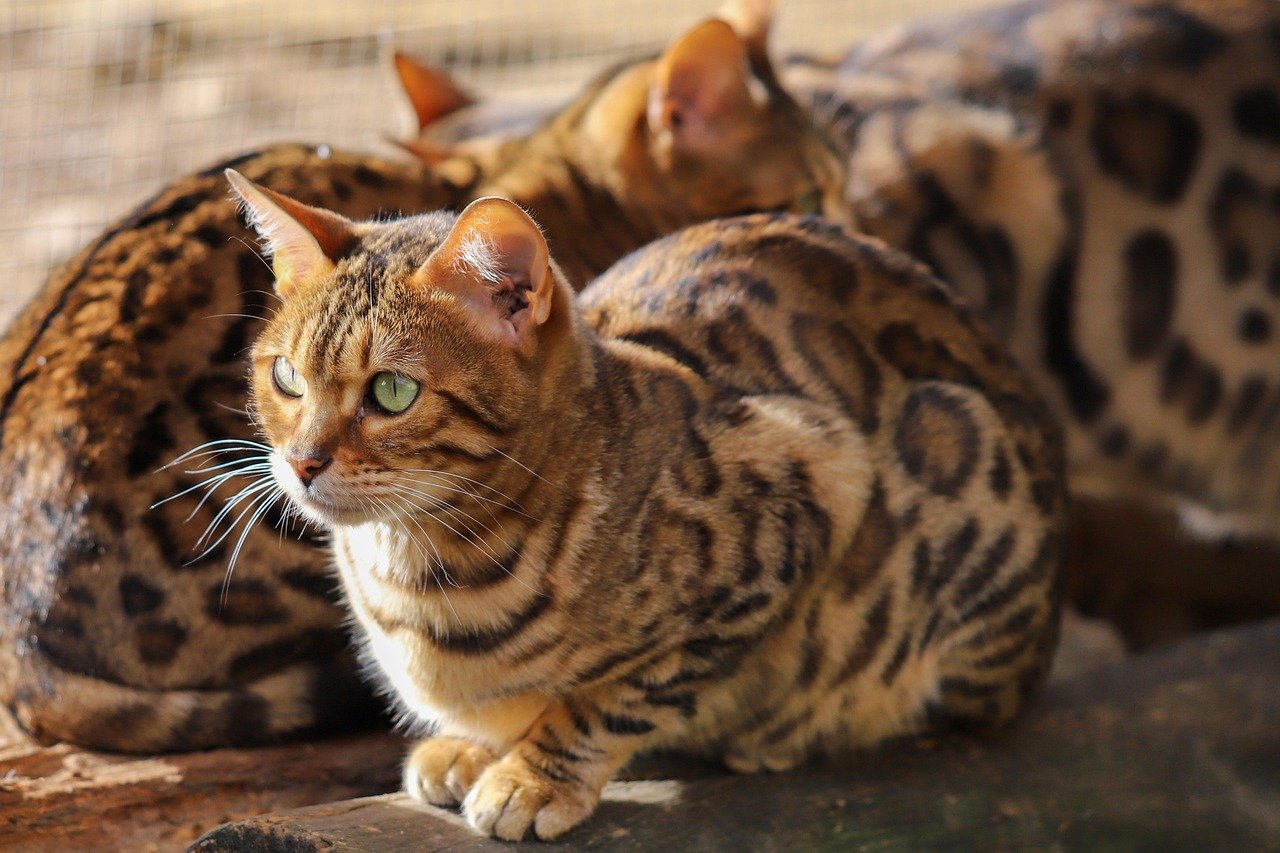Have you ever locked eyes with a nervous cat and felt the weight of their wary stare? It’s a look that says, “I want to trust you, but I’m just not sure yet.” As a lifelong cat lover, I know that gentle patience is the key to breaking through that invisible wall. Earning a cat’s trust isn’t about quick fixes or clever tricks—it’s about truly seeing things from their perspective and offering your presence without pressure. For anyone who’s ever wished their anxious kitty would curl up beside them, this guide is for you.
Understanding Why Cats Become Nervous

Cats can be nervous for so many reasons. Maybe they’ve had a rough start in life, or perhaps a recent change—like moving house or new pets—has left them on edge. Even a simple rearrangement of furniture can throw some cats for a loop.
Nervousness often shows up in subtle ways: hiding under the bed, flat ears, or a stiff tail. Recognizing these cues is the first step to helping them relax. By watching quietly, you’ll learn what makes your cat uneasy and when they’re ready to interact.
The Power of Patience and Consistency

Patience is your most powerful tool with a nervous cat. Forcing interaction can actually make things worse, setting back any progress. Instead, try to be a steady, gentle presence—move slowly, speak softly, and let your cat set the pace.
Consistency in your daily routine can also work wonders. Feed your cat at the same time, use similar words, and keep your movements predictable. This helps your cat feel safe and know what to expect from you.
Creating a Safe and Welcoming Space

Every cat needs a place they can call their own. Set up cozy hideaways—like a cardboard box with a soft blanket—in quiet corners. Elevated spots, such as shelves or window perches, also give nervous cats a sense of control.
Keep their space peaceful by limiting loud noises and sudden visitors. If your home is busy, try to reserve at least one quiet room just for your cat. This little sanctuary can make a world of difference for their confidence.
Reading Your Cat’s Body Language

Learning to read your cat’s signals is like unlocking a secret language. A relaxed tail and slow blinks mean your cat is comfortable. But if you notice a puffed tail or wide, staring eyes, it’s best to back off for now.
Pay close attention to subtle shifts. Even small changes, like a twitching ear or tense shoulders, can signal your cat’s stress. Responding to these cues with respect tells your cat you’re listening and that their feelings matter.
Letting Your Cat Approach You First

It’s tempting to reach out and pet a beautiful, shy cat, but holding back often works better. Sit or lie on the floor, allowing yourself to become less intimidating. Avoid direct eye contact at first, as some cats see this as a challenge.
Let your cat choose when to come closer. Offer a hand to sniff if they seem curious, but don’t push it. This approach builds trust slowly, showing your cat you respect their boundaries.
Using Positive Reinforcement and Treats

Treats can be a powerful way to encourage trust. Use tasty, healthy snacks as gentle rewards when your cat chooses to interact. Place treats nearby and gradually closer to you over time, letting your cat associate you with good things.
Pair treats with calm words and slow blinks. Never use treats as a bribe or lure your cat into situations they aren’t ready for. The goal is to reinforce their bravery, not trick them into discomfort.
Recognizing Health Issues That Cause Fear

Sometimes, a nervous cat is actually in pain or feeling unwell. Watch for signs like excessive grooming, loss of appetite, or sudden changes in behavior. These can be clues that something more than shyness is at play.
If you’re unsure, a gentle visit to the vet can rule out medical causes. Catching health problems early not only helps your cat feel better, but also deepens the trust between you.
Celebrating Small Victories and Preventing Setbacks

Progress with a nervous cat is rarely a straight line. Celebrate every tiny step, whether it’s a curious sniff or a tentative approach. These moments mean your cat is starting to believe in you.
Prevent setbacks by keeping stress to a minimum. Introduce new people and experiences slowly, always letting your cat retreat if they wish. With each positive encounter, your bond will grow stronger, and trust will blossom in its own time.






